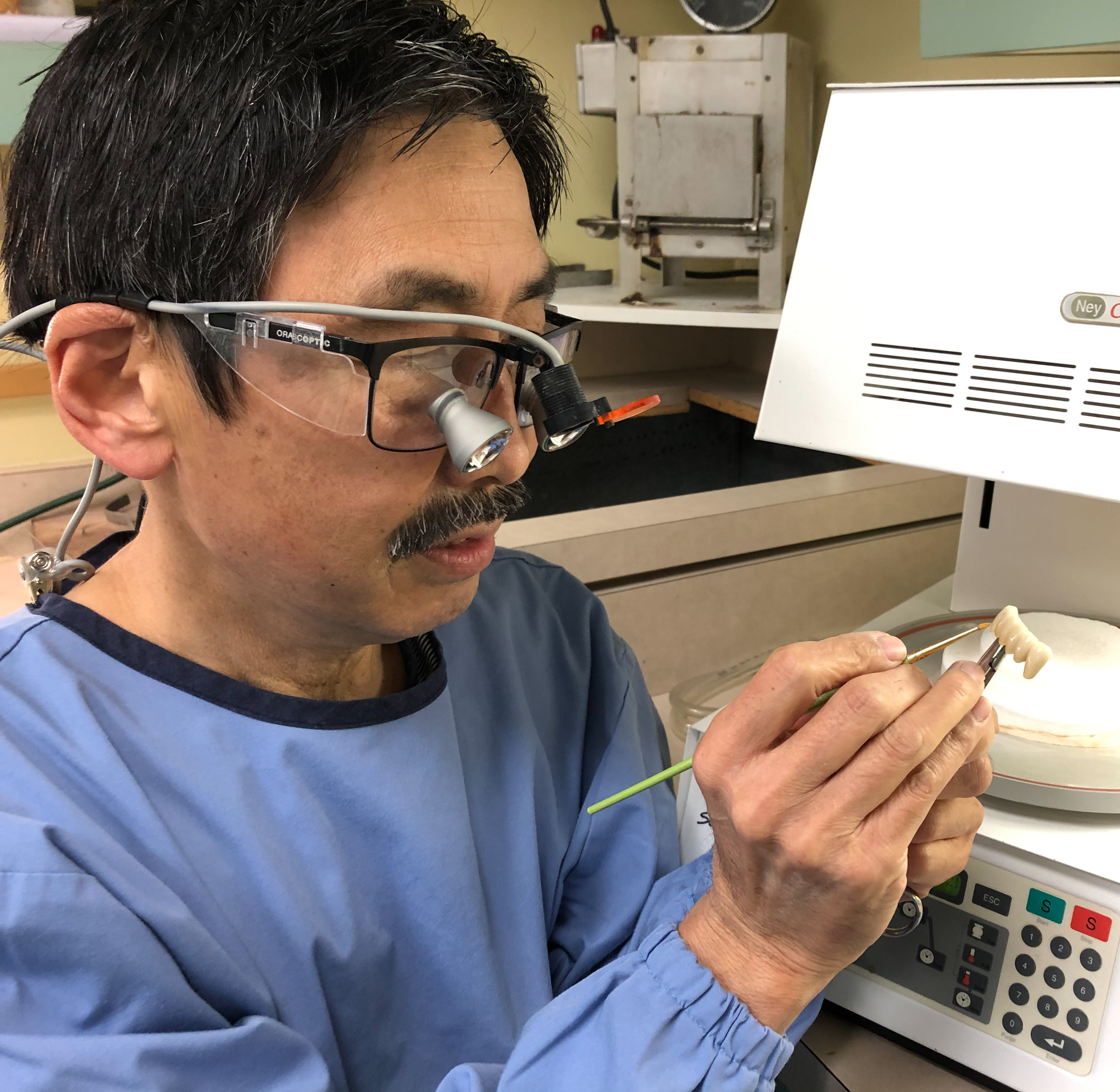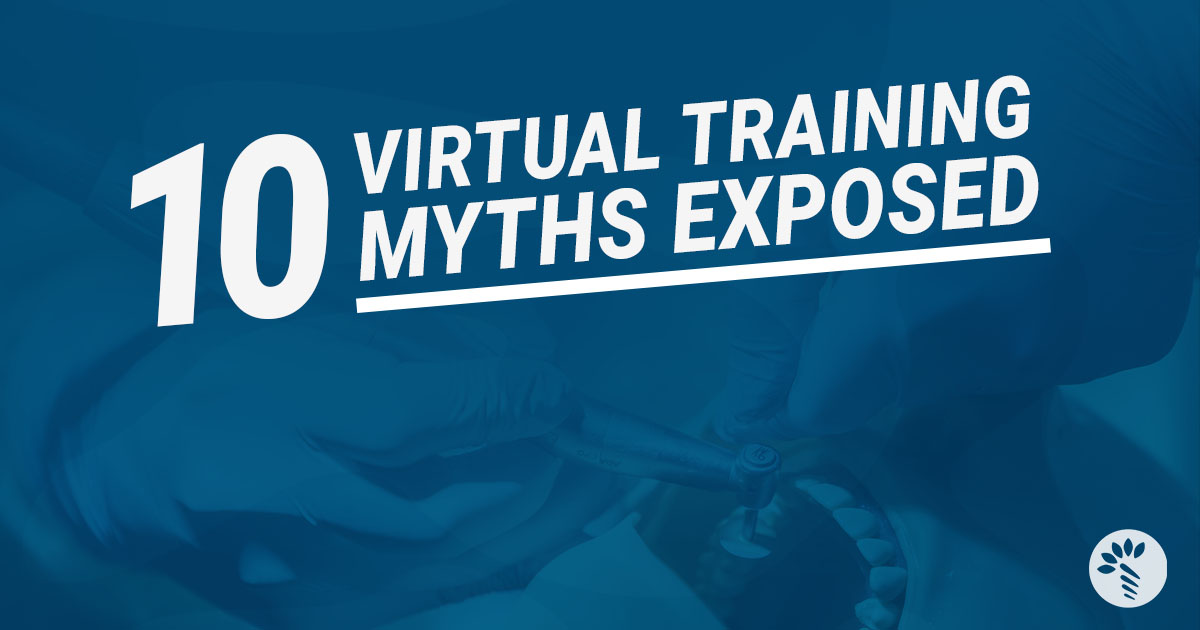There is a language to colour and we all have to learn it, says Dr Lane Ochi. I finished watching the incomparable lecture, Application of Colour Theory in Restorative Dentistry a cup of coffee ago. It plays for an hour, but it took me two with all my pauses and note taking. When you watch it, you will relate. It feel like I have learned an entire terms worth of colour education at a fancy art school who only employ warmly spoken world class educators who elucidate in gorgeous buttery sentences like, We are not chasing perfection, we want believability; think of colour as occurring in a circle.
Dr Ochi forges his passion for art around into precise words. You can hear it; and more impressively, you feel that there is more transmitted to the learner in this lecture. When he describes the Munsell colour system, I regretted choosing undergrad science over art. It. is. Fascinating.
Dr Ochi is a master dentist, and his passion and talent for colour has lent well to his practice. Graduating from the Hermon Ostrow School of Dentistry at the University of Southern California in the dawn of the ‘80s was a case of perfect time, perfect place. There was a lot of disco and there were a lot of black lights. “I did not fully understand the influence that light and fluorescence had on dental ceramics before,” he said of that time. “I restored a couple of front teeth on a well known disco recording artist of the time and guess what?! The crowns didn't fluoresce under black light, and when he smiled it looked like he was missing teeth! This was the impetus I needed to learn more about dental material science and applying colour theory to my work.”
Colour is unimportant to the physiologic success of our dental restorations,
yet it is the number one factor in the overall acceptance by our patients~ Dr Steve Bergen
When Dr Ochi applied to USC dental school, he also applied to the Art Center College of Design to answer his strong interest in medical illustration. Dr Ochi's father, a world renowned dental technician, informed Dr Ochi that he would pay for dental school but not crayon school. Ouch. “It turned out that dentistry is about creating illusion, so it still appealed to my art training,” he said. After graduating from Hermon Ostrow, Dr Ochi paid his own way through Art Center.
According to Dr Ochi, mastery is born out of practice and repetition. Early in his dental career there were mistakes, additional appointments, one very frustrated young dentist, and more than a few frustrated patients. As he learned more about the materials he used, the process became easier. “We need to attempt excellence on a daily basis,” he says. “And the key word here is attempt. No one is excellent every day, but the more you attempt excellence, the more it finds you.”
Dr Ochi believes that excellence in dentistry has much less to do with natural talent than it has to do with the mindset of 'I’m going to give it my best each day.'
Most who persevere can learn to play the game of dentistry at a high level, no matter their technical skills during their formal schooling.
I asked Dr Ochi what he thinks about when things go wrong. “Let me put it this way." he began. "Patient-driven treatment plans are rarely successful.”
Oh the benefit of having years of experience beneath you, which is evidenced in no place more than his parting words in his lecture.
- Learning to see is not an innate gift. It is in a repetitive process, always in flux, and defined by our prior knowledge and assumptions.
- We can turn the ordinary into the extraordinary by observing like we never did before.
- Change the way you see the world and everything in it.
- Raise your standard and turn your shoulds into must. This will take your clinical dentistry to the next level.
Do you wonder what happened to the disco recording artist’s invisible teeth?
Dr Ochi said that in order to stay alive he had to redo them.
hah! hah! hah! hah!



